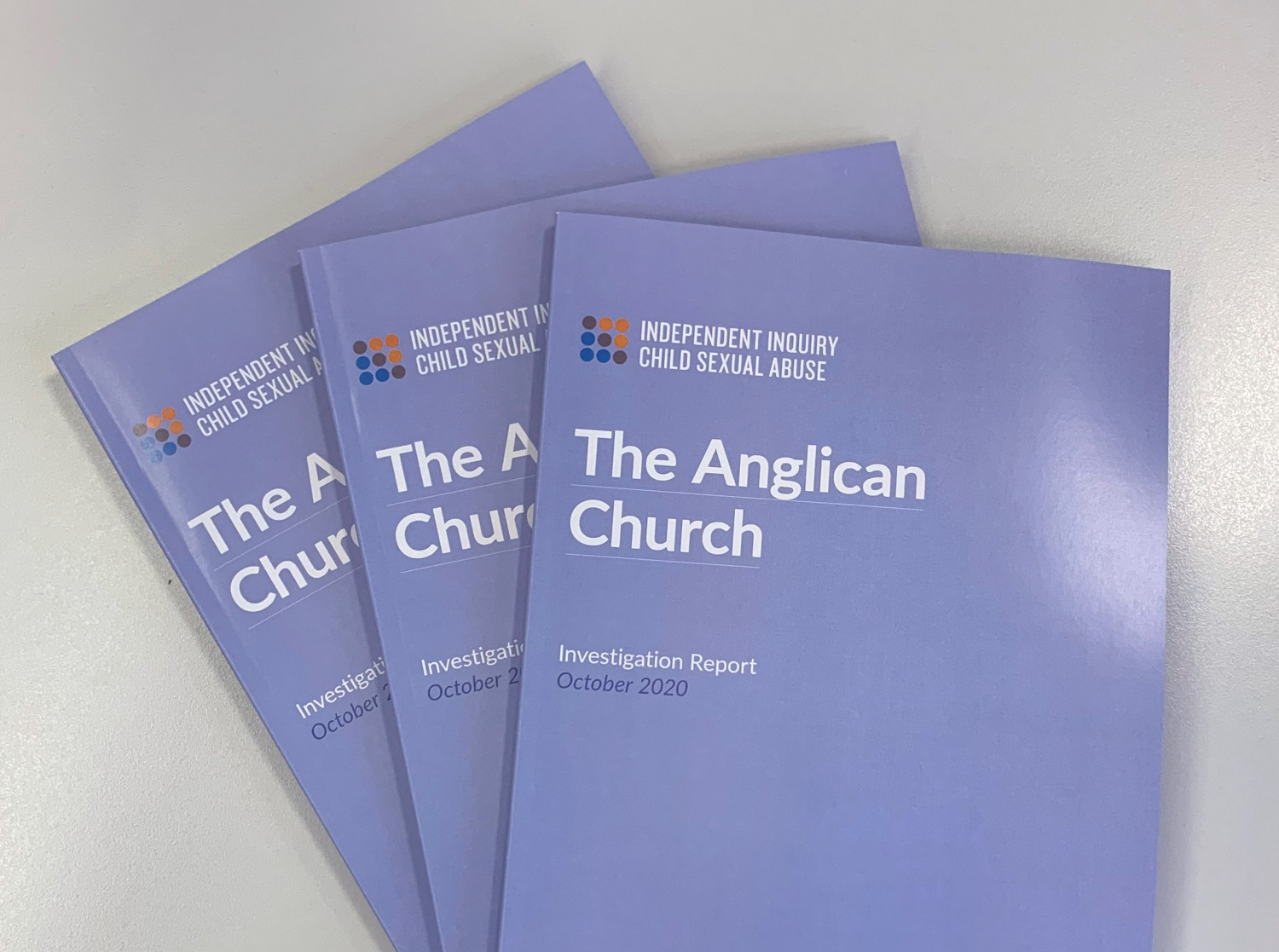
The Independent Inquiry into Child Sexual Abuse (IICSA), chaired by Professor Alexis Jay OBE, has published its report into the Anglican Church.
The IICSA report concerns the extent to which the Church of England and the Church in Wales protected children from sexual abuse in the past. It also examines the effectiveness of current safeguarding arrangements. A public hearing on these specific areas was held in 2019. This report also draws on the previous two case studies on the Anglican Church, which related to the Diocese of Chichester and Peter Ball.
The report states that:
"The culture of the Church of England facilitated it becoming a place where abusers could hide. Deference to the authority of the Church and to individual priests, taboos surrounding discussion of sexuality and an environment where alleged perpetrators were treated more supportively than victims presented barriers to disclosure that many victims could not overcome.
Another aspect of the Church’s culture was clericalism, which meant that the moral authority of clergy was widely perceived as beyond reproach. As we have said in other reports, faith organisations such as the Anglican Church are marked out by their explicit moral purpose, in teaching right from wrong. In the context of child sexual abuse, the Church’s neglect of the physical, emotional and spiritual well-being of children and young people in favour of protecting its reputation was in conflict with its mission of love and care for the innocent and the vulnerable.
Culture change is assisted by senior Church leaders now saying the right things, but lasting change will require more than platitudes. It will need continuous reinforcement of the abhorrent nature of child sexual abuse and the importance of safeguarding in all of the Church’s settings."
Recommendations
The report makes six recommendations for the Church of England. The full text of the recommendations can be read here, and they are summarised below.
The structure of safeguarding
The Church of England should create the role of a diocesan safeguarding officer to replace the diocesan safeguarding adviser. Diocesan safeguarding officers should have the authority to make decisions independently of the diocesan bishop in respect of key safeguarding tasks.
Diocesan safeguarding officers should be employed locally, by the Diocesan Board of Finance. A diocesan safeguarding officer’s work should be professionally supervised and quality assured by the National Safeguarding Team.
It should be enshrined in policy that those who are volunteers and who do not follow the directions of diocesan safeguarding officers should be removed from responsibility of working with children.
Revising clergy discipline
The Church of England should make changes and improvements to the way in which it responds to safeguarding complaints (whether related to allegations of abuse, or a failure to comply with or respond to the Church’s safeguarding policies and procedures).
Information-sharing between the Church of England and the Church in Wales
The Church of England and the Church in Wales should agree and implement a formal information-sharing protocol. This should include the sharing of information about clergy who move between the two Churches.
Information-sharing between the Church of England and statutory partners
The Church of England and statutory partners should ensure that information-sharing protocols are in place at a local level between dioceses and statutory partners.
Support for victims and survivors
The Church of England should introduce a Church-wide policy on the funding and provision of support to victims and survivors of child sexual abuse concerning clergy, Church officers or those with some connection to the Church. The policy should clearly set out the circumstances in which different types of support, including counselling, should be offered. It should make clear that support should always be offered as quickly as possible, taking into account the needs of the victim over time.
The policy should take account of the views of victims and survivors. It should be mandatory for the policy to be implemented across all dioceses.
Auditing
The Church of England should continue independent external auditing of its safeguarding policies and procedures, as well as the effectiveness of safeguarding practice in dioceses, cathedrals and other Church organisations. Audits should continue to be conducted regularly and reports should continue to be published.
A response from the Church of England
The Bishop of Huddersfield, Jonathan Gibbs, and Melissa Caslake the Church’s national director of safeguarding have issued a joint statement on behalf of the Church of England.
A response from the Diocese of Coventry
In response to the IICSA report, the Bishop of Coventry and the Diocesan Safeguarding Adviser, Sarah Price, issued the following joint statement:
"The report summarises the Church of England’s failures in safeguarding, and our primary focus is upon recognising the distress caused to victims and survivors. We unreservedly apologise to all victims and survivors of abuse.
We endorse the report’s recommendations, and we will work with the National Safeguarding Team to implement them as quickly as possible.
While there has been improvement in recent years, we very much regret that in some areas progress has been too slow. We are committed to making all the church communities in the Diocese of Coventry safe places for everyone.”
Our Diocesan Safeguarding Team is here to help all victims and survivors of abuse - both within and beyond the Church. If you want to disclose any safeguarding concerns or allegations, please ring us on 024 7652 1345 or email safeguarding@covcofe.org
Together with the Church of England’s lead safeguarding bishop and the Church’s national director of safeguarding, we acknowledge how difficult reading this report may be, particularly for victims and survivors. If anyone is affected and would like to talk to someone independently, please call Safe Spaces helpline on 0300 303 1056 or email safespaces@victimsupport.org.uk . This is a free and independent support service, providing a confidential, personal and safe space for anyone who has been abused through their relationship with the Church of England and the Catholic Church.